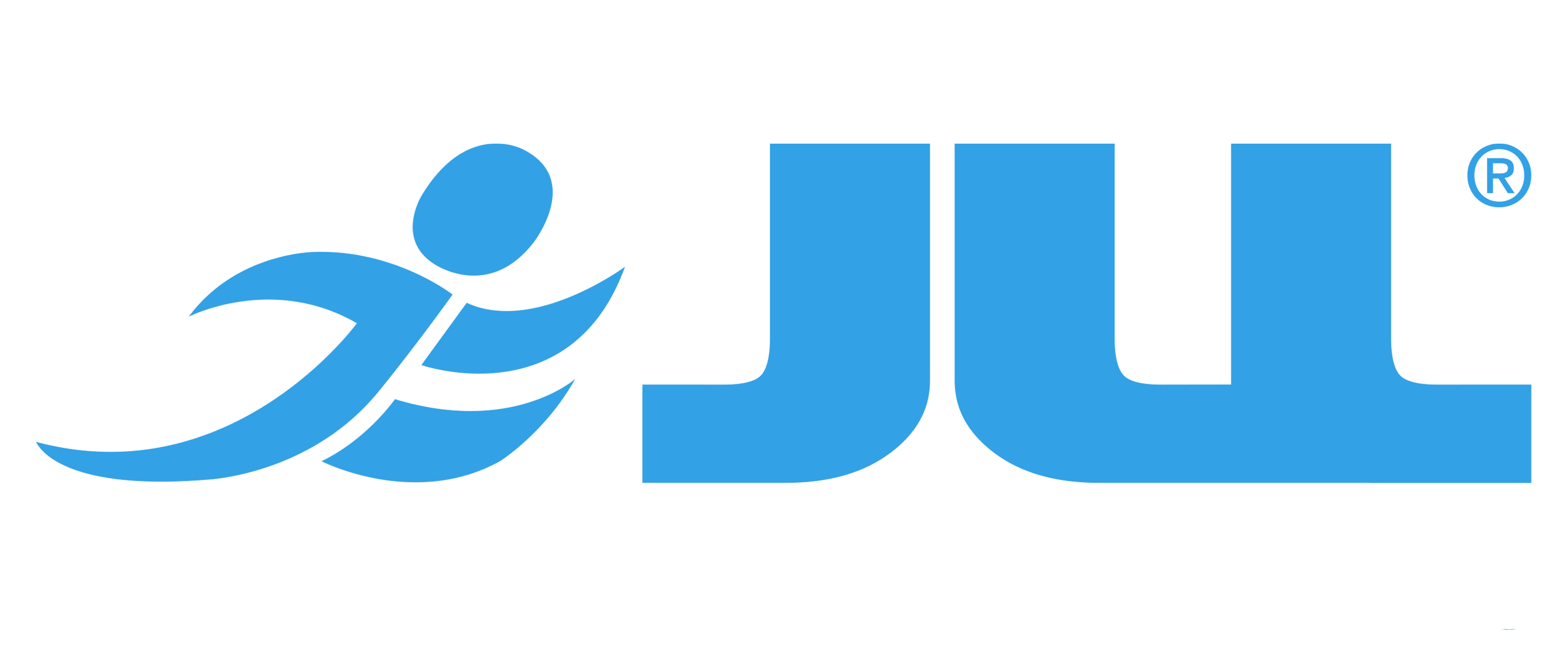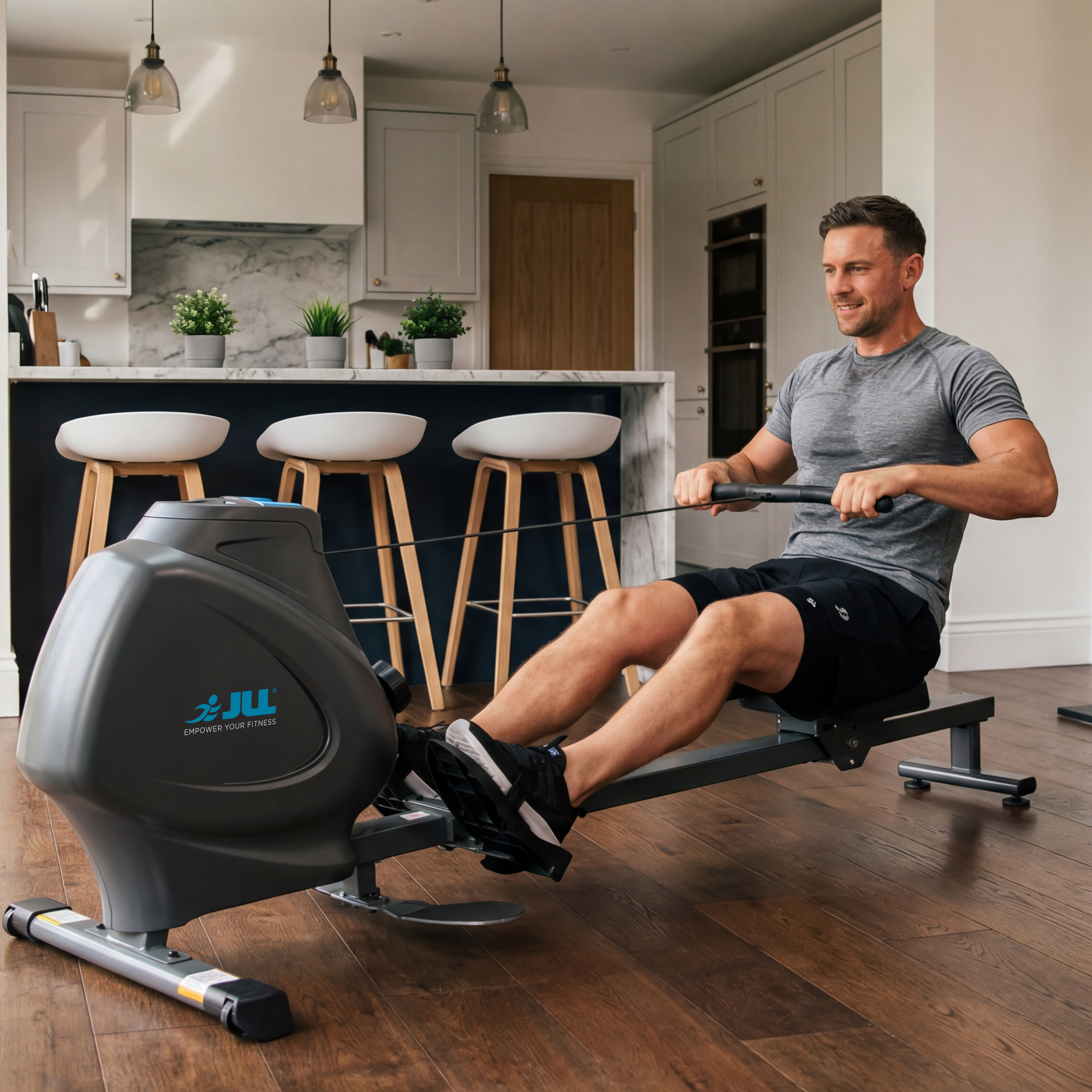The supplement industry is booming, with countless products promising everything from rapid muscle growth to fat loss, enhanced performance, and improved overall health. For beginners and seasoned athletes alike, it can be difficult to navigate the overwhelming number of options available. The truth is, not all supplements are created equal, and understanding what works and what doesn’t, can save you time, money, and disappointment. Let’s break down some of the most common supplements to see which are worth your investment and which might be best left on the shelf.
-
Protein Powder: Effective and Essential
What It Is: Protein powders are typically derived from whey, casein, or plant sources like pea or soy. They are designed to supplement dietary protein intake, especially for those who may struggle to meet their daily protein needs through food alone.
Does It Work? Yes. Protein is essential for muscle repair and growth, and research shows that supplementing with protein powder can help build muscle, especially when paired with resistance training. It’s particularly beneficial for those who have higher protein needs due to intense training or specific fitness goals.
Best Use: Take protein powder post-workout to help repair and rebuild muscles. It can also be used as a meal supplement or snack if you struggle to get enough protein from whole foods.
-
Creatine: Proven and Safe
What It Is: Creatine is a naturally occurring compound found in small amounts in red meat and fish. It helps supply energy to cells, particularly muscle cells, enhancing performance during high-intensity workouts.
Does It Work? Yes. Creatine is one of the most studied and effective supplements available. It has been shown to improve strength, muscle mass, and exercise performance. It also helps with muscle recovery and may even provide cognitive benefits.
Best Use: Take 3-5 grams daily, either as a pre-workout or post-workout supplement. Many people choose to load creatine (20 grams per day for 5-7 days) to saturate muscle stores quickly, though this isn’t necessary for everyone.
-
BCAAs (Branched-Chain Amino Acids): Mixed Evidence
What It Is: BCAAs are essential amino acids (leucine, isoleucine, and valine) that are commonly marketed to improve muscle recovery, reduce soreness, and boost muscle growth.
Does It Work? The evidence is mixed. While BCAAs can be beneficial if you are training fasted or have low dietary protein intake, most people who consume enough protein throughout the day (especially post-workout) do not need BCAAs. Whole protein sources contain all the essential amino acids your body needs.
Best Use: If you struggle to hit your protein goals or prefer fasted training, BCAAs may be useful. Otherwise, focus on getting adequate protein from your diet or a protein shake.
-
Pre-Workout Supplements: Temporary Boosts, Variable Efficacy
What It Is: Pre-workout supplements are formulated to enhance energy, focus, and performance during workouts. They typically contain caffeine, beta-alanine, creatine, and other performance-enhancing ingredients.
Does It Work? Yes, but it depends on the ingredients. Caffeine and beta-alanine, for example, are proven to boost performance and reduce fatigue. However, some pre-workouts contain proprietary blends with unproven or unnecessary ingredients. The effects are also temporary and depend largely on your tolerance to stimulants.
Best Use: Choose a pre-workout with clear labelling and scientifically supported doses of ingredients like caffeine (150-300 mg), beta-alanine (2-5 grams), and creatine. Avoid products with long lists of unproven additives.
-
Fish Oil (Omega-3 Fatty Acids): Scientifically Backed
What It Is: Fish oil contains omega-3 fatty acids (EPA and DHA), which have numerous health benefits, including reducing inflammation, improving heart health, and aiding in joint function.
Does It Work? Yes. Omega-3 fatty acids are essential fats that the body cannot produce on its own. They are crucial for cardiovascular health, reducing inflammation, and promoting brain function. Fish oil is one of the best sources of these fats, making it a valuable supplement, especially for those who don’t consume enough fatty fish.
Best Use: Take 1-3 grams of fish oil daily with meals. Ensure the supplement provides a combined 500 mg of EPA and DHA per serving for the most benefit.
-
Multivitamins: Convenience with Limitations
What It Is: Multivitamins are supplements that combine essential vitamins and minerals into one tablet or capsule, aimed at filling potential nutrient gaps in your diet.
Does It Work? Multivitamins can be beneficial if you have specific deficiencies or struggle to get a variety of nutrients from whole foods. However, they aren’t a replacement for a balanced diet, and some vitamins (like C and D) may need to be taken in higher doses separately. Over-relying on multivitamins can give a false sense of security about one’s diet quality.
Best Use: Take as an insurance policy if you suspect gaps in your nutrition. Focus on consuming a diverse range of whole foods as the primary source of nutrients.
-
Fat Burners: Minimal Effectiveness
What It Is: Fat burners are marketed to increase metabolism, suppress appetite, and enhance fat loss. Common ingredients include caffeine, green tea extract, and various herbal compounds.
Does It Work? Generally, no. While some ingredients (like caffeine) can slightly boost metabolism, the effects are minimal and short-lived. No supplement can replace a proper diet and exercise regimen when it comes to fat loss. Fat burners may provide a temporary boost in energy or thermogenesis, but they are unlikely to lead to significant weight loss on their own.
Best Use: If you choose to use a fat burner, be cautious of stimulants and start with a low dose. However, prioritise diet, exercise, and lifestyle changes for sustainable fat loss.
-
Glutamine: Overhyped for Muscle Recovery
What It Is: Glutamine is an amino acid that plays a role in immune function and muscle recovery. It’s often marketed as a recovery aid for athletes.
Does It Work? Not significantly for most people. While glutamine is important for immune health, studies show that it doesn’t have a major impact on muscle recovery for most athletes. People who consume adequate protein typically get enough glutamine naturally.
Best Use: If you’re an athlete undergoing intense training or have specific immune health concerns, glutamine may offer slight benefits. Otherwise, it’s likely unnecessary.
-
Collagen: Joint and Skin Health Support
What It Is: Collagen is the most abundant protein in the body, found in skin, tendons, and ligaments. Collagen supplements are promoted for joint health, skin elasticity, and muscle recovery.
Does It Work? Yes, to an extent. Research shows that collagen supplementation can help improve joint pain and support skin health, especially in aging populations or individuals with joint injuries. It’s not a muscle-building supplement, but it can be useful for maintaining joint health in active individuals.
Best Use: Take collagen supplements if you have joint issues or want to support skin health. Combine with vitamin C for better absorption and results.
What Works and What Doesn’t
The world of supplements is filled with hype, but only a handful have consistent scientific support behind them. Here’s the bottom line:
- Supplements That Work: Protein powder, creatine, fish oil, and caffeine (found in pre-workouts).
- Supplements with Mixed or Limited Benefits: BCAAs, multivitamins, collagen, and glutamine.
- Supplements to Approach with Caution: Fat burners and proprietary blends with unproven ingredients.
Final Tips for Supplement Use:
- Prioritise Whole Foods: Supplements are just that—supplementary. They should enhance, not replace, a balanced diet.
- Research and Read Labels: Look for products with clear labelling and research-backed ingredients. Avoid supplements with proprietary blends.
- Consult with a Healthcare Professional: Especially if you have underlying health conditions or take medications, it’s crucial to seek medical advice before starting any supplement regimen.
By focusing on proven supplements and prioritising nutrition and exercise, you’ll set yourself up for long-term success and health.








Leave a comment
All comments are moderated before being published.
This site is protected by hCaptcha and the hCaptcha Privacy Policy and Terms of Service apply.